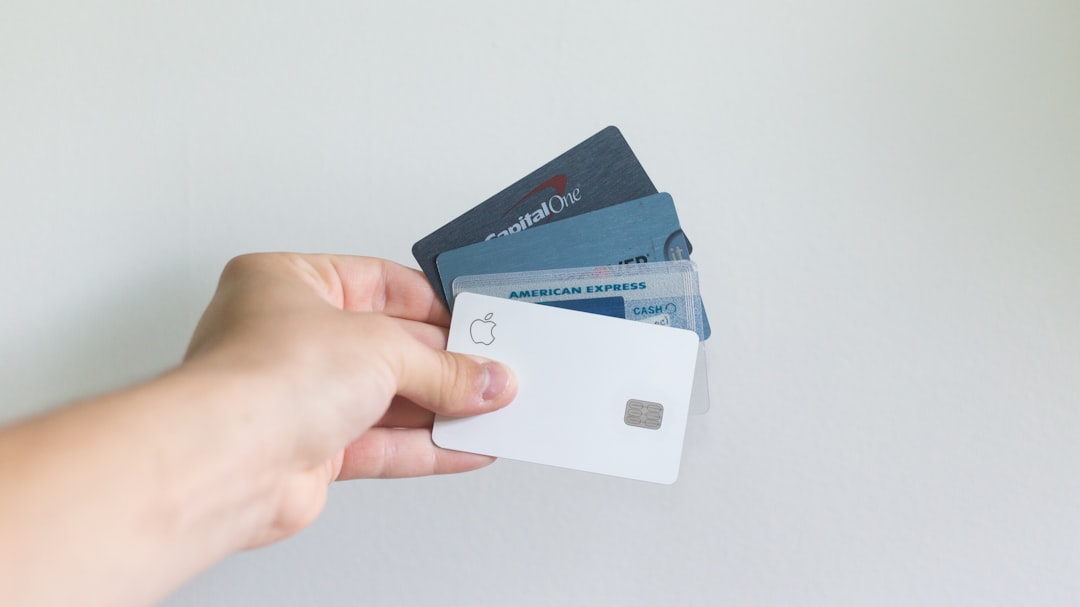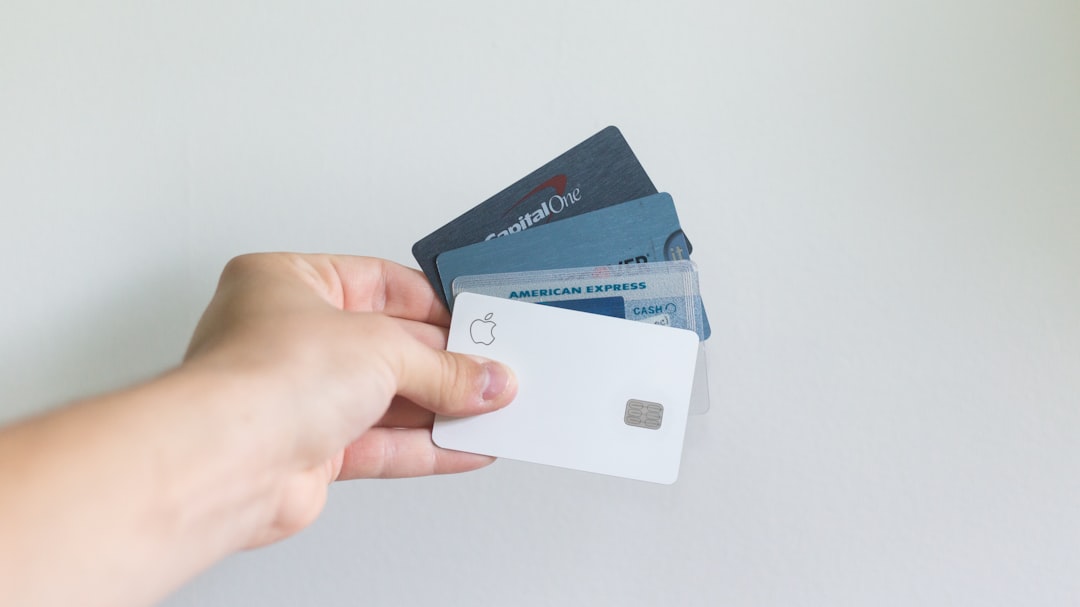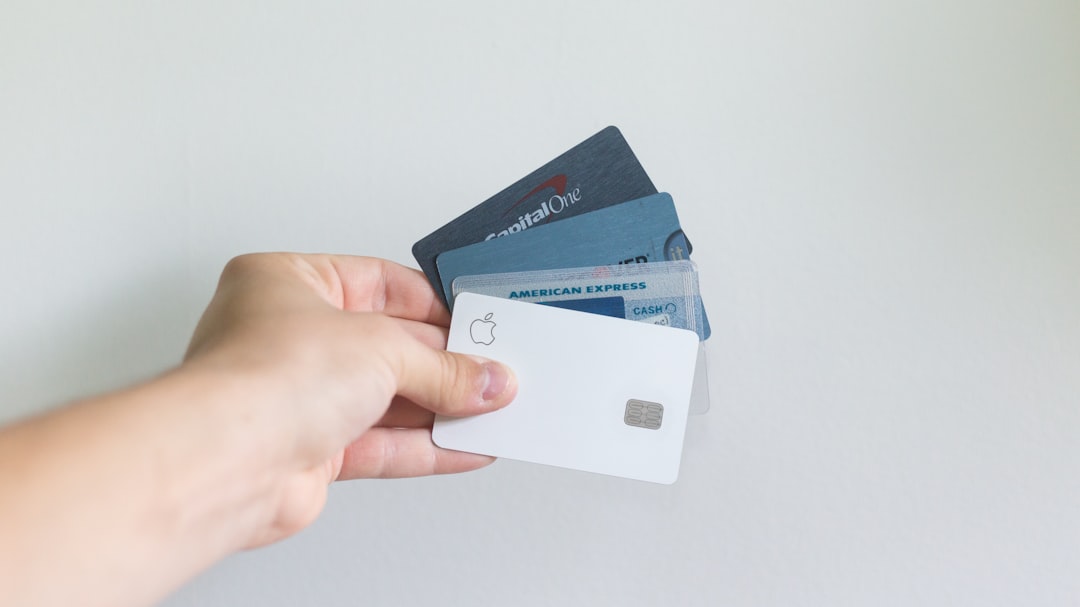Secured Debt Consolidation Loans combine multiple debts with lower rates and flexible terms, ideal for individuals with collateral. Understanding loan terms, credit impact, and long-term goals is crucial before applying. No-credit-check options offer access to consolidation without extensive checks, aiding those with limited or poor credit histories. Researching lenders, applying online/in-person, and managing payments responsibly are key steps. Timely payments rebuild credit, while understanding collateral risks ensures financial stability.
Are you burdened by multiple debts and looking for a way out? Consider Debt Consolidation Loans with no credit check. This option offers a fresh start by combining your debts into a single, manageable loan. In this article, we’ll guide you through the process, from understanding debt consolidation to exploring secured options like Secured Debt Consolidation Loans, and the benefits of avoiding strict credit checks. We’ll also provide a step-by-step application guide and tips for responsible loan management.
- Understanding Debt Consolidation Loans
- The Role of Credit Checks in Lending
- Exploring Secured Debt Consolidation Options
- Benefits of No-Credit-Check Loans
- Application Process: Step-by-Step Guide
- Managing Your Loan Responsibly
Understanding Debt Consolidation Loans

Debt consolidation loans offer a strategic way to manage multiple debts by combining them into one loan with a single, often lower, interest rate. This simplifies repayment and can save money in interest costs. Secured debt consolidation loans, backed by an asset like real estate or a vehicle, typically come with lower rates but require collateral. Understanding the terms and conditions of these loans is crucial before applying.
When considering debt consolidation, it’s important to weigh the benefits against potential risks. Lower monthly payments can provide relief from financial strain, but extending the loan term could cost more in interest over time. Secured loans offer advantages like fixed rates and potentially higher borrowing limits, but they pose a risk of losing the collateral if you default. Evaluating your financial situation, credit score, and long-term goals is essential before diving into the process of applying for a debt consolidation loan with or without a credit check.
The Role of Credit Checks in Lending

Credit checks play a pivotal role in the lending process, serving as a crucial tool for lenders to assess an applicant’s financial health and responsibility. Traditionally, when applying for loans or credit cards, lenders conduct thorough credit checks to evaluate an individual’s credit history, payment behavior, and overall debt burden. This information helps determine eligibility, interest rates, and loan terms. However, in the context of secured debt consolidation loans, the scenario can be different.
Secured Debt Consolidation Loans offer an alternative option for individuals seeking to merge multiple debts into a single, more manageable repayment structure. Unlike traditional unsecured loans, these loans are backed by collateral, such as real estate or valuable assets. This security provides lenders with a buffer against default risk, allowing them to potentially skip the comprehensive credit check process. As a result, applicants with less-than-perfect credit scores or limited credit history can still access much-needed debt relief and consolidation opportunities.
Exploring Secured Debt Consolidation Options

Secured Debt Consolidation Loans offer an attractive alternative for individuals seeking to streamline their debt without undergoing a rigorous credit check. This option involves using an asset, typically a property or vehicle, as collateral for the loan. By doing so, lenders mitigate risk, making it possible for borrowers with less-than-perfect credit to access lower interest rates and more favorable repayment terms. Exploring secured debt consolidation can be a strategic move towards financial stability, allowing individuals to consolidate multiple debts into one manageable payment.
This approach not only simplifies financial obligations but also provides an opportunity for building credit history or improving existing credit scores. As borrowers make consistent payments on the consolidated loan, it reflects positively on their credit report, potentially increasing their access to future financing options with better rates. Secured debt consolidation is particularly appealing in today’s digital era, where individuals are constantly navigating a maze of financial products and services.
Benefits of No-Credit-Check Loans

No-credit-check loans offer a unique advantage for individuals looking to consolidate their debt, especially those with limited or poor credit history. These specialized financing options provide an alternative to traditional loan applications, where lenders typically conduct thorough credit checks. By omitting this step, borrowers can bypass the potential rejections and stringent requirements often associated with secured debt consolidation loans.
This approach is particularly beneficial for folks who have experienced financial setbacks, such as late payments or insolvencies, which might have negatively impacted their credit score. No-credit-check loans enable them to access much-needed funds to streamline multiple debts into a single, more manageable payment, thereby simplifying their financial obligations and potentially saving on interest expenses.
Application Process: Step-by-Step Guide

The application process for secured debt consolidation loans without a credit check involves several straightforward steps designed to help borrowers gain access to funds for paying off multiple debts. First, prospective borrowers should research and compare various lenders offering no-credit-check consolidation loans. It’s important to find a lender that suits their specific needs regarding loan terms, interest rates, and repayment periods. Once a suitable lender is selected, the applicant can initiate the application process online or through a physical branch, depending on the lender’s policy.
They’ll typically need to provide essential documentation, such as proof of identity (e.g., driver’s license), proof of income (e.g., pay stubs), and details about their existing debts. Some lenders may also require collateral, like a car or property title, for securing the loan. After completing the application form accurately and honestly, the borrower should expect a quick response from the lender. If approved, they’ll receive terms and conditions outlining the loan amount, interest rates, repayment schedule, and any associated fees.
Managing Your Loan Responsibly

After securing a debt consolidation loan, it’s crucial to manage your loan responsibly to avoid falling into further financial strain. One key aspect is making timely payments in full each month. This demonstrates your reliability to lenders and helps build or restore your credit score over time. Remember that late or missed payments can incur fees and negatively impact your financial health.
Additionally, understanding the terms and conditions of your secured debt consolidation loan is essential. These loans often require collateral, typically in the form of an asset like your home or car. It’s vital to be aware of the risks involved if you’re unable to repay, as you may face foreclosure or repossession. Manage your loan wisely by creating a budget that accommodates both loan payments and other financial obligations to ensure long-term financial stability.
Debt consolidation can be a powerful tool for financial freedom, especially with options like no credit check loans and secured debt consolidation loans available. By understanding your lending options and adhering to responsible loan management practices, you can take control of your finances and pave the way for a brighter financial future. Remember, whether you opt for secured debt consolidation or explore alternative routes, each step brings you closer to debt-free living.
